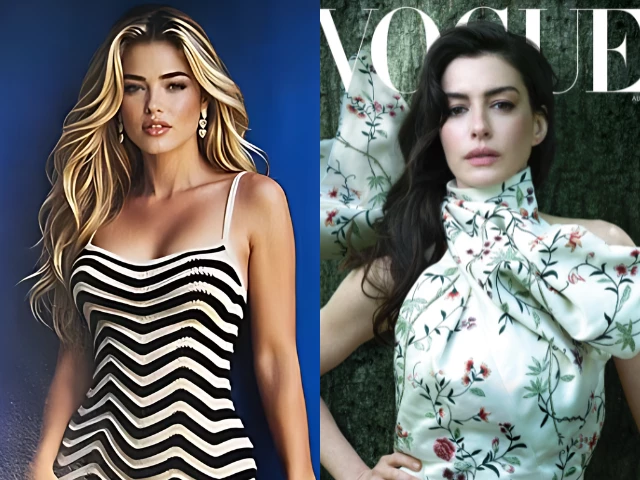'Guess' co-founder defends AI model and insists human models aren’t going anywhere
Guess co-founder Paul Marciano says the AI-generated model is just a tool, not a threat to real models in the industry

Paul Marciano, co-founder of Guess, has become the face of a raging debate over fashion’s future after hiring an AI-generated model for the brand’s latest campaign. Despite fierce backlash, he insisted to TMZ that the real-life models will remain centre stage at Guess.
The controversy erupted after Vogue published an ad featuring an AI-generated figure, created by marketing agency Seraphinne Vallora under Marciano’s direction. Critics blasted the decision, arguing it erodes opportunities for real models and promotes impossible beauty ideals. Despite the heat, Marciano claimed he was drawn to the concept when scrolling through Instagram: “When one of their AI models had total Guess girl vibes,” he explained, it piqued his interest.
Marciano emphasized that the AI experiment is not intended to replace human talent. He reaffirmed Guess’s continuing support for real models, noting that the next major campaign will feature entirely human faces. He dismissed critics, stating the decision to introduce AI “wasn’t a reaction to backlash or someone’s opinions.”
The initiative is backed by high production costs: each AI model reportedly costs low six figures to create and is trained using real reference photos to ensure authenticity and brand alignment. Still, concerns remain over issues like image rights, diversity limitations, and consent. Seraphinne Vallora co-founders even admitted they can’t yet generate plus-size models and said models’ feedback most often limits AI lifelike representations.
Lila Gonzalez and Andreea Petrescu, founders of Seraphinne Vallora, claim the AI tools serve as creative extensions, not replacements, for real human models, offering added flexibility in campaigns. Yet their agency has sparked broader debate about ethics in fashion: Who owns AI-generated likenesses, and how easily can content be removed if a model changes their mind?
Marciano likened the AI tool to past innovations Guess embraced, much like its bold switch to colour logos when competitors stuck to monotone branding. He said, “Guess has always had an eye for what’s next. Human models still matter. This was just a creative experiment that caught my eye.”


















COMMENTS
Comments are moderated and generally will be posted if they are on-topic and not abusive.
For more information, please see our Comments FAQ